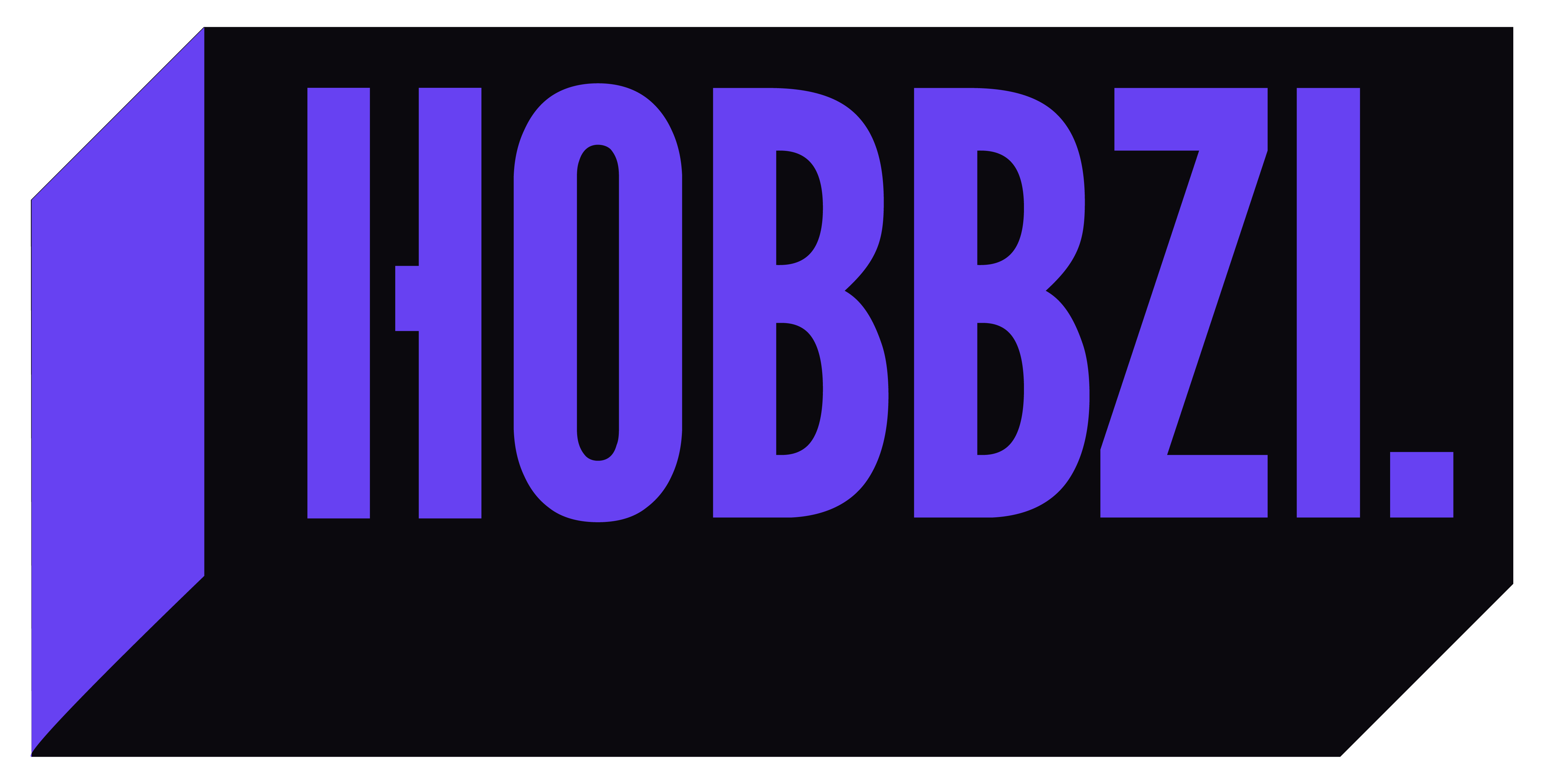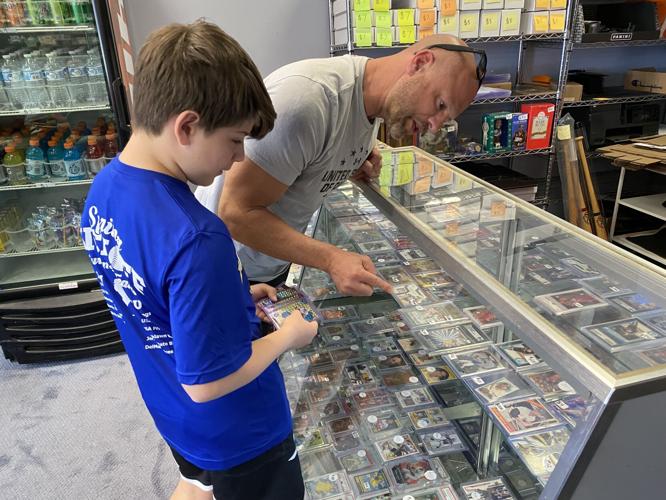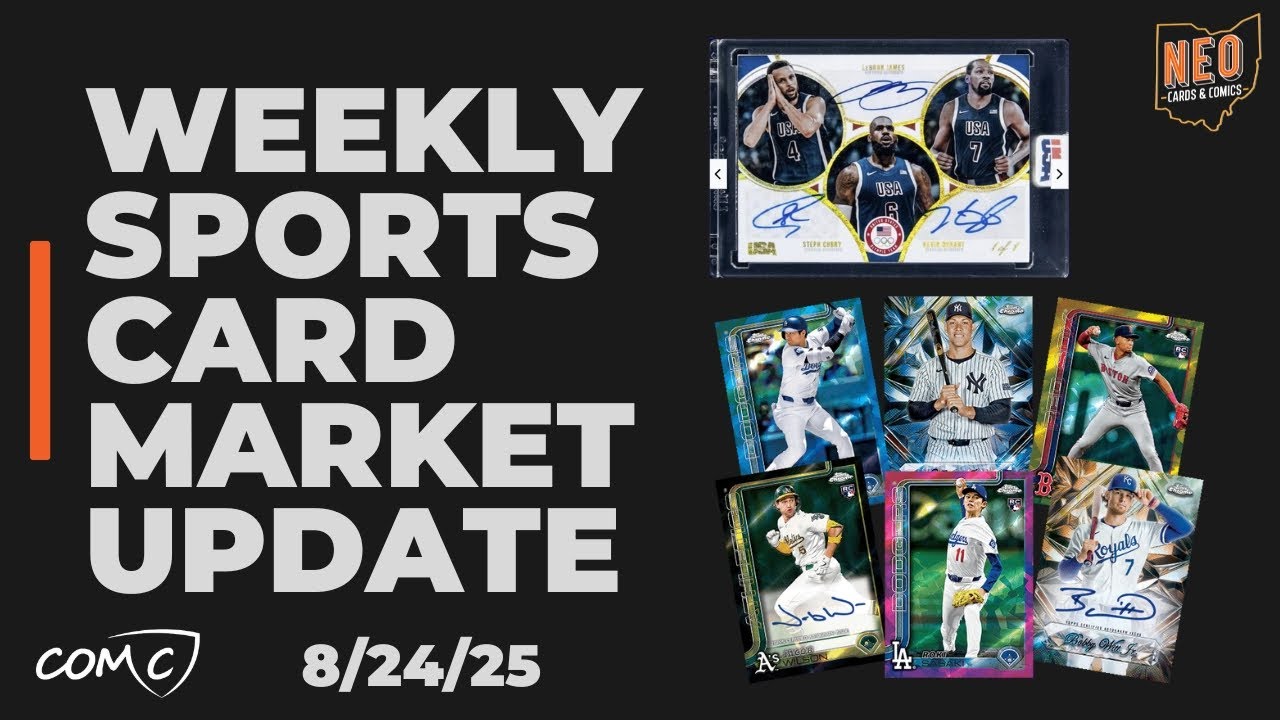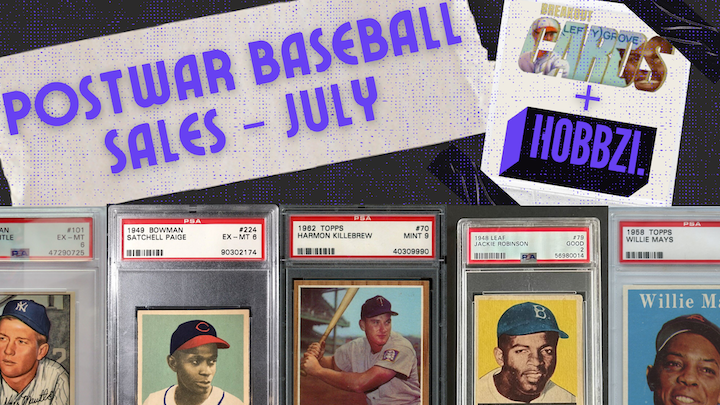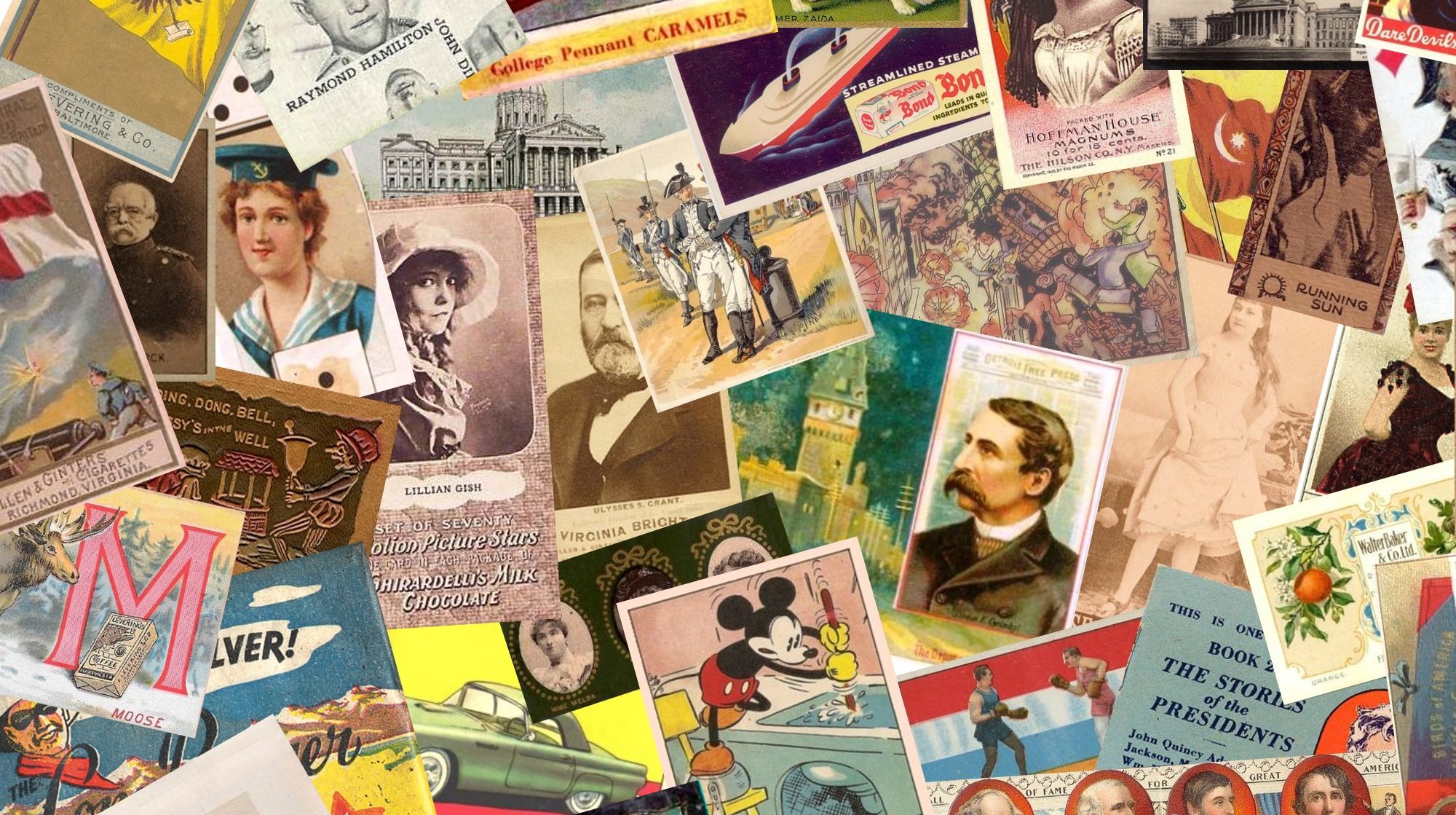Sports card collecting, an age-old pastime, has made a significant comeback in recent years, transforming from a nostalgic hobby into a lucrative investment opportunity.
The Revival of Sports Card Collecting
In the realm of hobbies, some remain constant, some fade away, and some experience a surprising renaissance. Sports card collecting, a pastime that seemed to be gathering dust in the attic of forgotten hobbies, has recently experienced a resurgence. The Hobby, which involves collecting cards featuring various sports personalities, has evolved into a significant business venture with collectors now eyeing these cards as valuable investments.
The resurgence was triggered by the COVID-19 pandemic when people locked in their homes revisited old pastimes and began to dust off their old sports card collections. This renewed interest brought about a boom in the sports card collecting industry, which continues to thrive years later.
The story of Gary Wade, a 50-year-old collector, and his son Gavin, serves as a perfect example of this revival. The father-son duo decided to revisit Gary’s collection of sports cards from the 80s during the pandemic and discovered several gems like the 1980 Topps Rickey Henderson rookie card. Now, the Wades frequently visit their local card shop, to add to their growing collection.
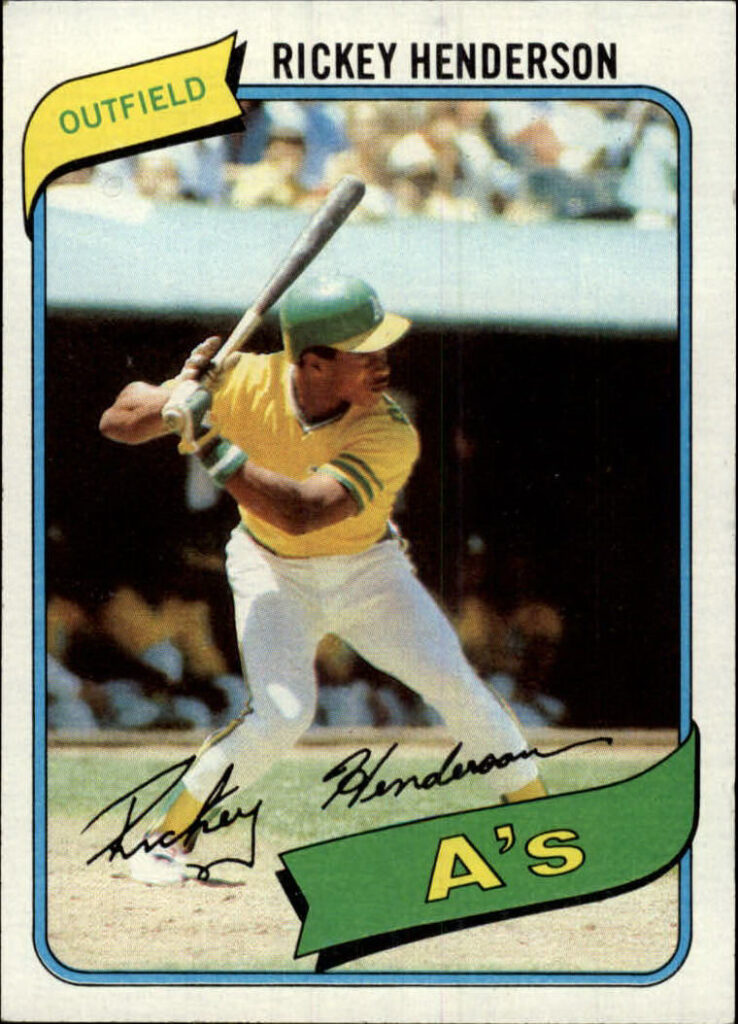
The Current State of the Sports Cards Market
According to MarketDecipher.com, a market research and consultancy firm, the trading cards market experienced a 1.5 times growth in 2020 on eBay, noting a sale of over 4 million more cards than the previous year. Soccer and basketball cards experienced the most significant growth, with an increase of 1,500% and 370% respectively.
This trend in sports card collecting is not limited to sports enthusiasts. A whopping 98% of sports memorabilia collectors include trading cards in their collections, further solidifying the popularity of The Hobby.
The Social Media Influence
This growth can be attributed to more than just nostalgia. The rise of social media, online breaking platforms, communities, and content creators who showcase their card collections and ‘unboxing’ videos on platforms like YouTube, Instagram, Whatnot, and other digital marketplaces have played a significant role in exposing The Hobby to a wider audience.
People approach sports card collecting in various ways. Some chase high-value cards for potential profit, while others enjoy simply building their personal collections to their liking.
Rookie Fever
Another significant driver of the sports card collecting boom is the allure of the rookies, the new players in various sports leagues. For football card collectors, for example, the 2020 NFL draft was a goldmine with a lineup of talented quarterbacks. The rookie class of 2021 was also strong, further fueling the market.
The baseball card market, too, has seen an upswing with the arrival of new talent. The hope of landing a card featuring a player who could be the next big star is a significant attraction for many collectors.
Beyond Sports: Pokemon Cards
The resurgence of card collecting is not just limited to sports. Pokemon cards, a massive hit in the 90s, have also made a comeback. Collectors who collected these cards as kids have reignited their interest in the hobby. However, finding these cards on the shelves of retail stores like Walmart and Target became a challenge due to the sudden boom in demand. These days, we see card shops and retailers “showing love” to the world of TCG collecting and the future for TCG in The Hobby is bright!
The Future of Sports Card Collecting
According to Market Decipher, the global sports memorabilia market, which includes sports card collecting, is projected to reach $227.2 billion by 2032. In 2022, the industry was valued at $33 billion, up from $26.1 billion in 2021.
The future of sports card collecting could see a significant shift with online retailer Fanatics Inc. acquiring the Topps Company Inc. in early 2022. As a result of that acquisition, Fanatics (through Topps) now has exclusive rights for MLB. Combining this with their partnerships in nearly every major league sport, it becomes clear that Fanatics is set to dominate the sports card market.
In Conclusion
The sports card collecting industry has come a long way from being a simple pastime. Today, it has transformed into a lucrative investment opportunity, and with the industry’s projected growth, the future looks promising.

